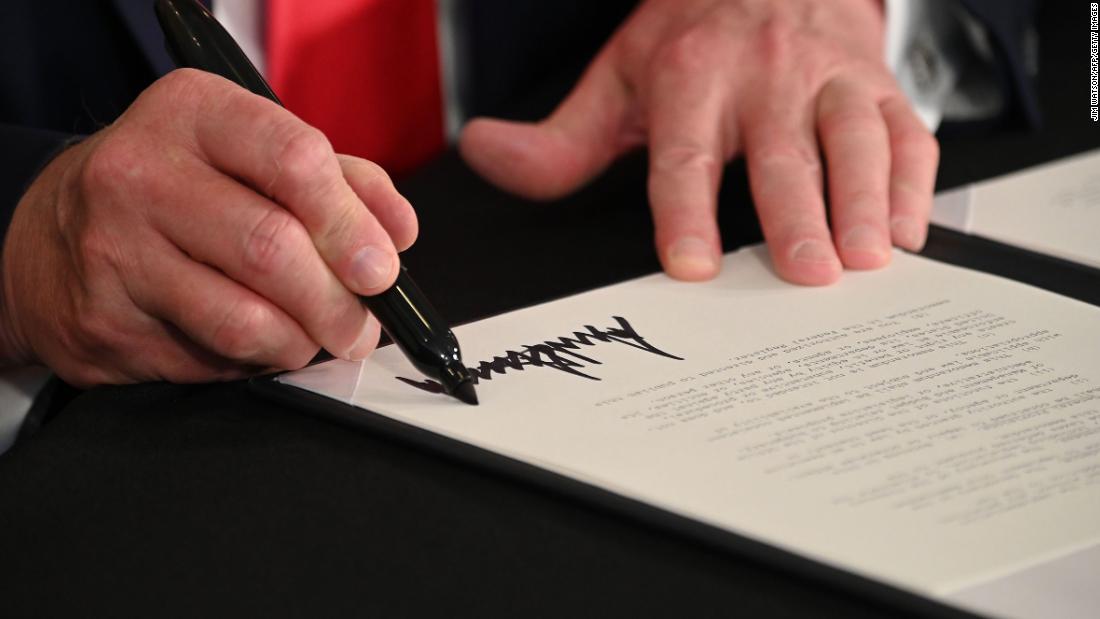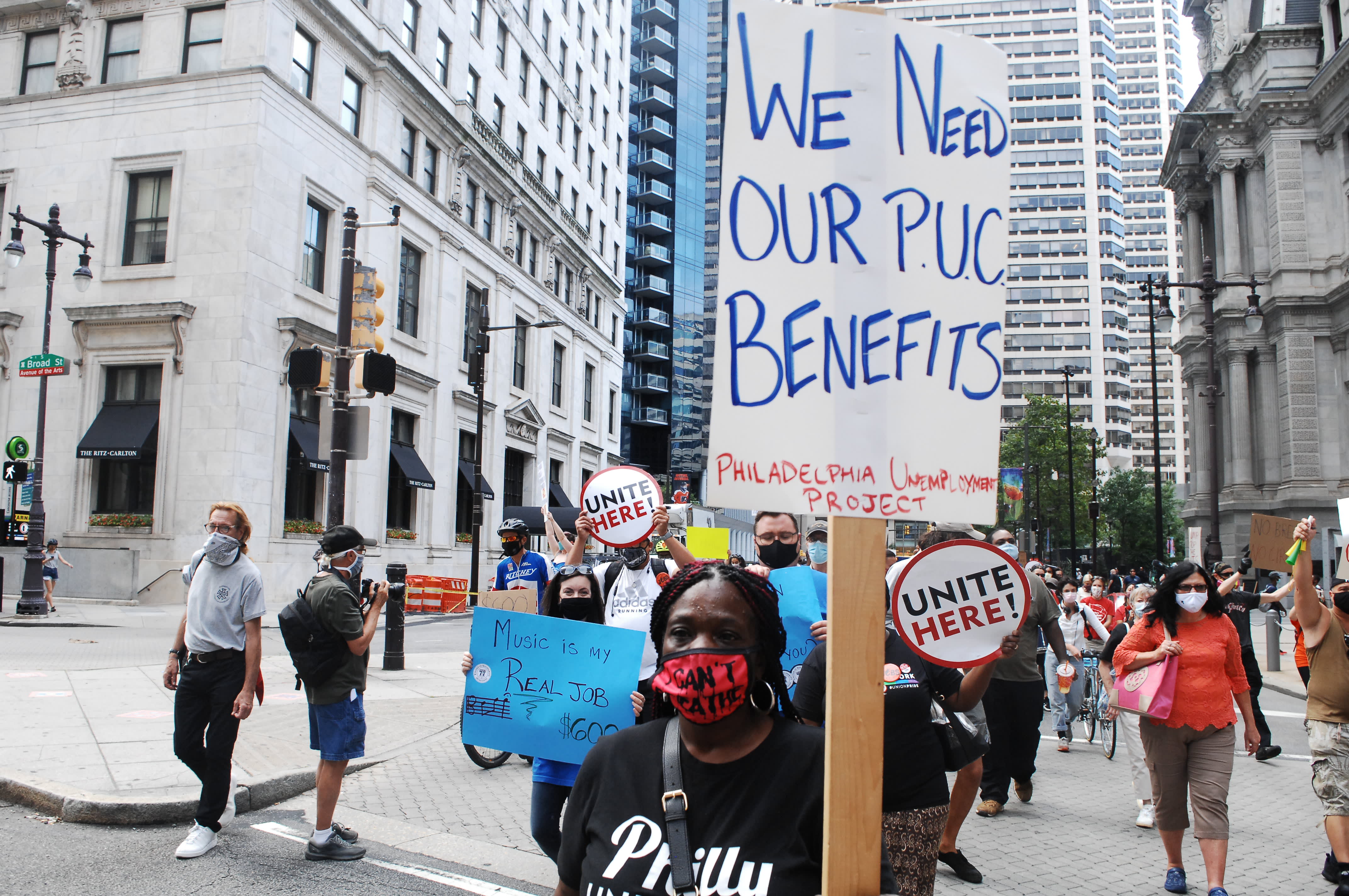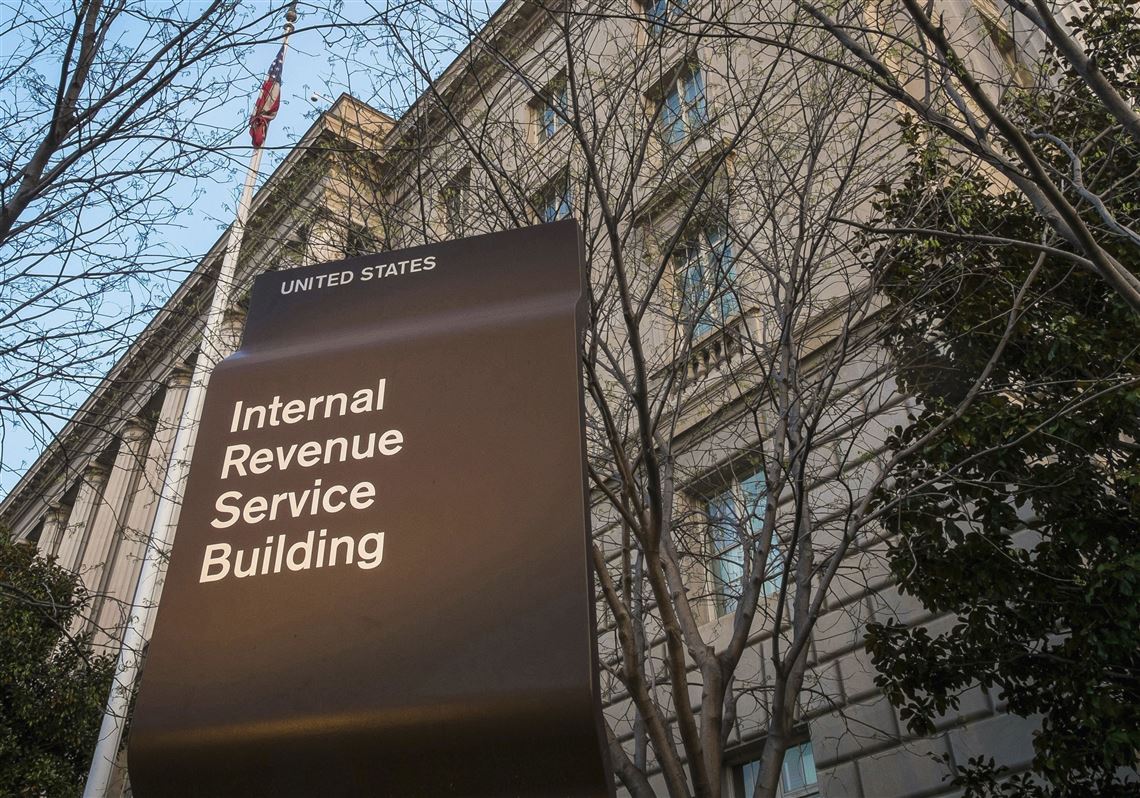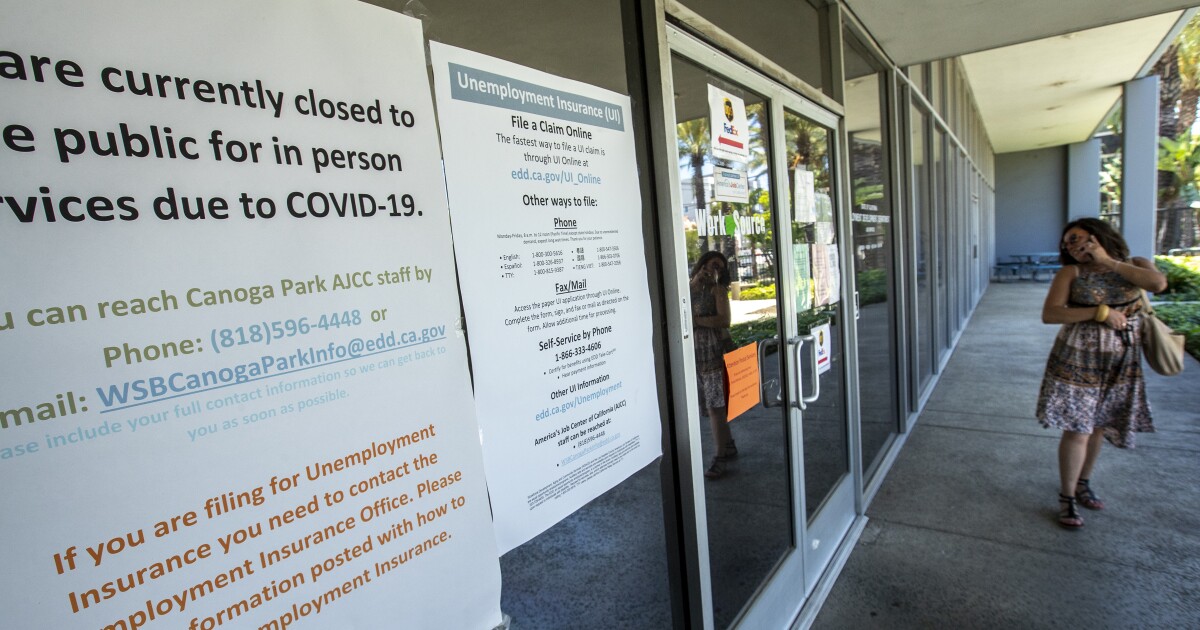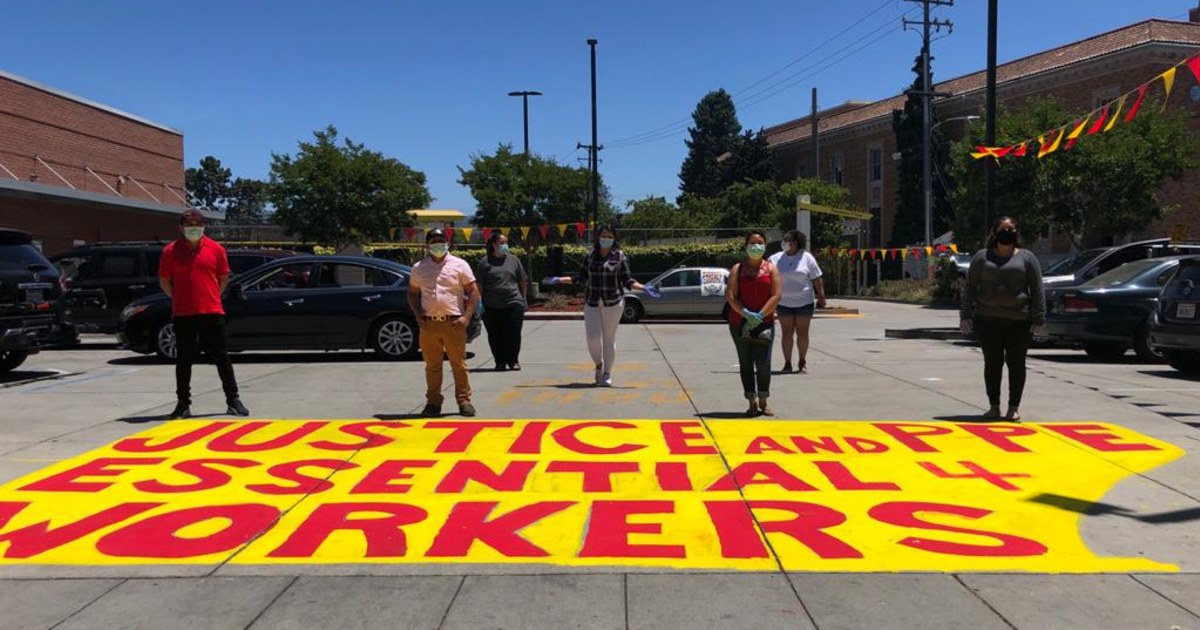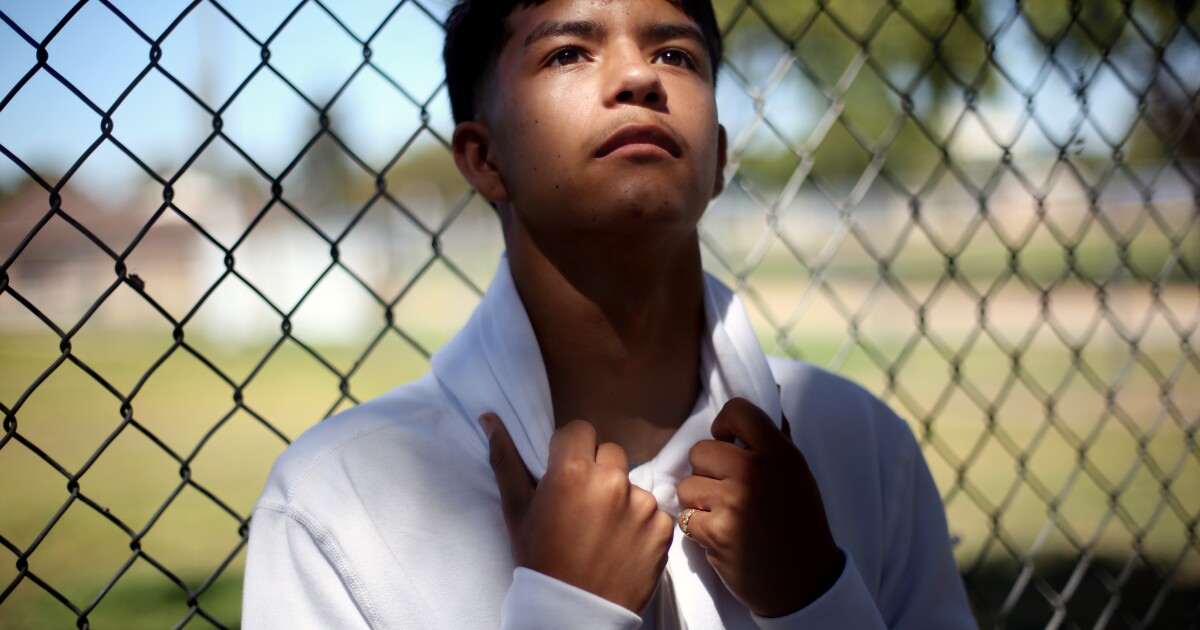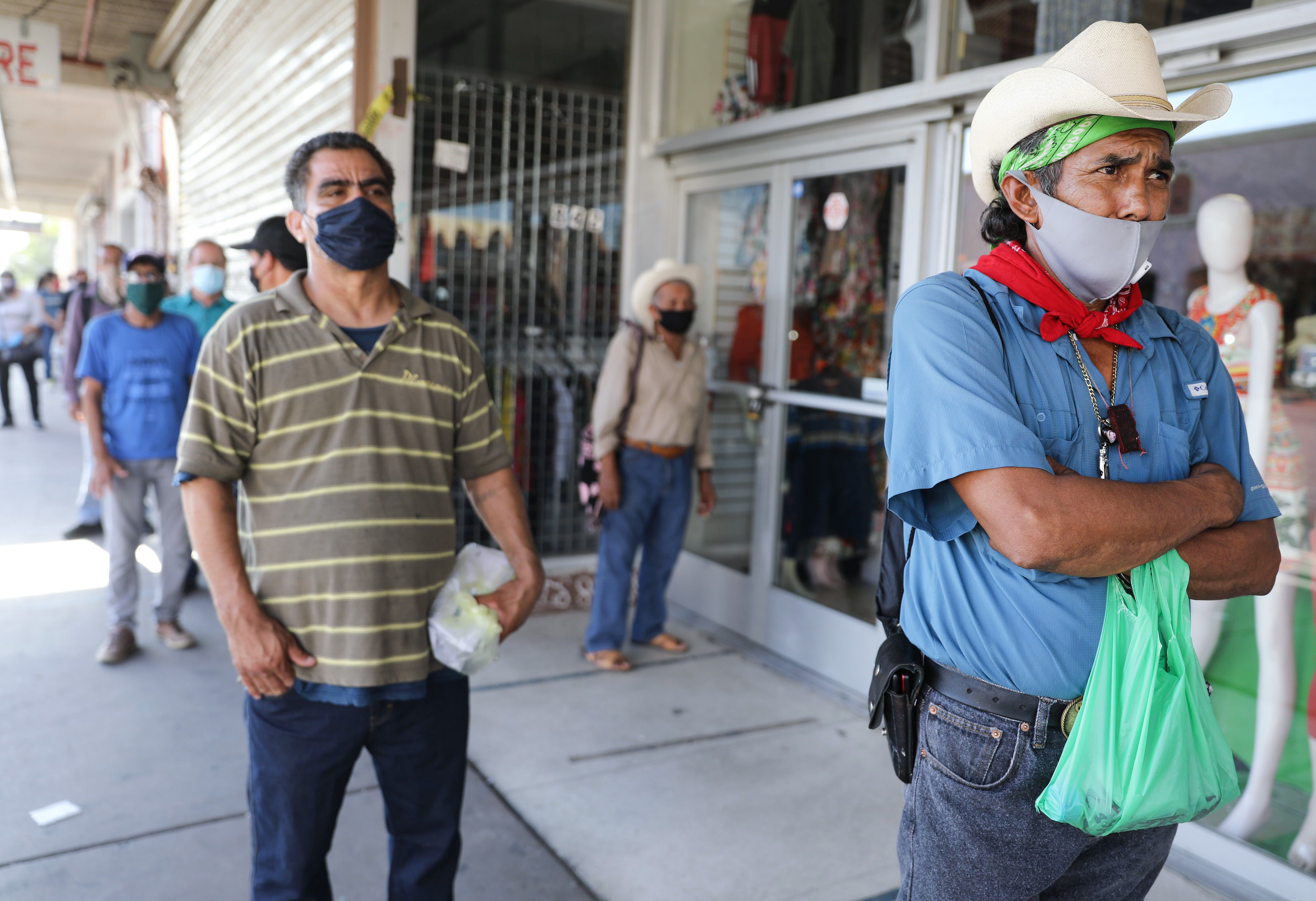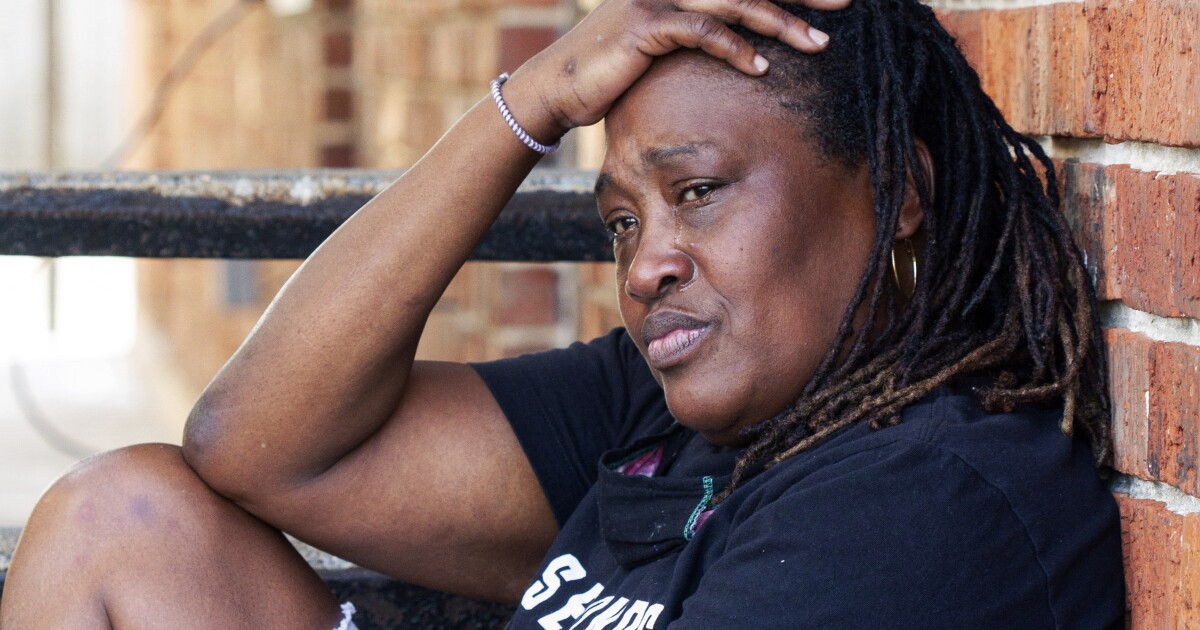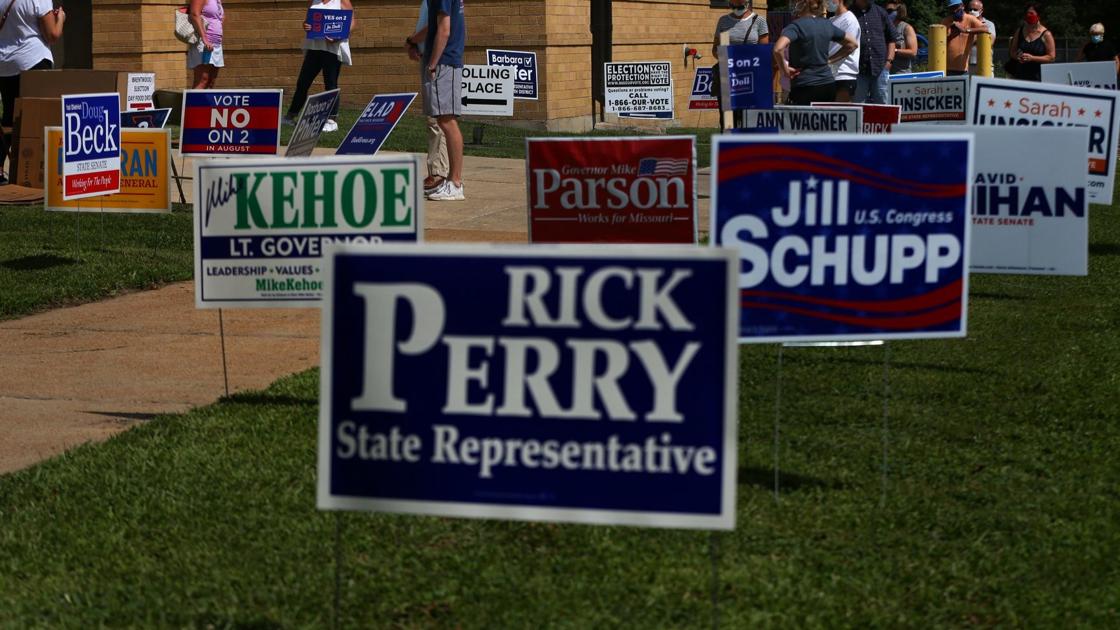States are quickly receiving approval to provide jobless residents with President Donald Trump’s $300 weekly emergency unemployment benefit, but it may still take some time before people see the boost in their checks.
The majority of U.S. states are now approved to send workers the extra $300 weekly unemployment benefit from the federal government.
Jobless numbers up in seven states, unchanged in 22 others.
When Osvaldo Martinez lost his job in mid-March, the 42-year-old mechanic had to scramble to put food on the table.
WASHINGTON – The Trump administration, under pressure from lawmakers and advocates, has reversed course by allowing hundreds of thousands of low-income…
Threatening landlords. Callous employers. Jammed phone lines for state help. Lawyers for L.A.’s poor battle a range of pandemic problems.
As the pandemic wreaks havoc on public transit systems across the country, experts say it is low-income residents, people of color and essential workers bearing the brunt.
Redlining helped reshape the urban landscape of U.S. cities. It also left communities of color far more vulnerable to rising heat.

